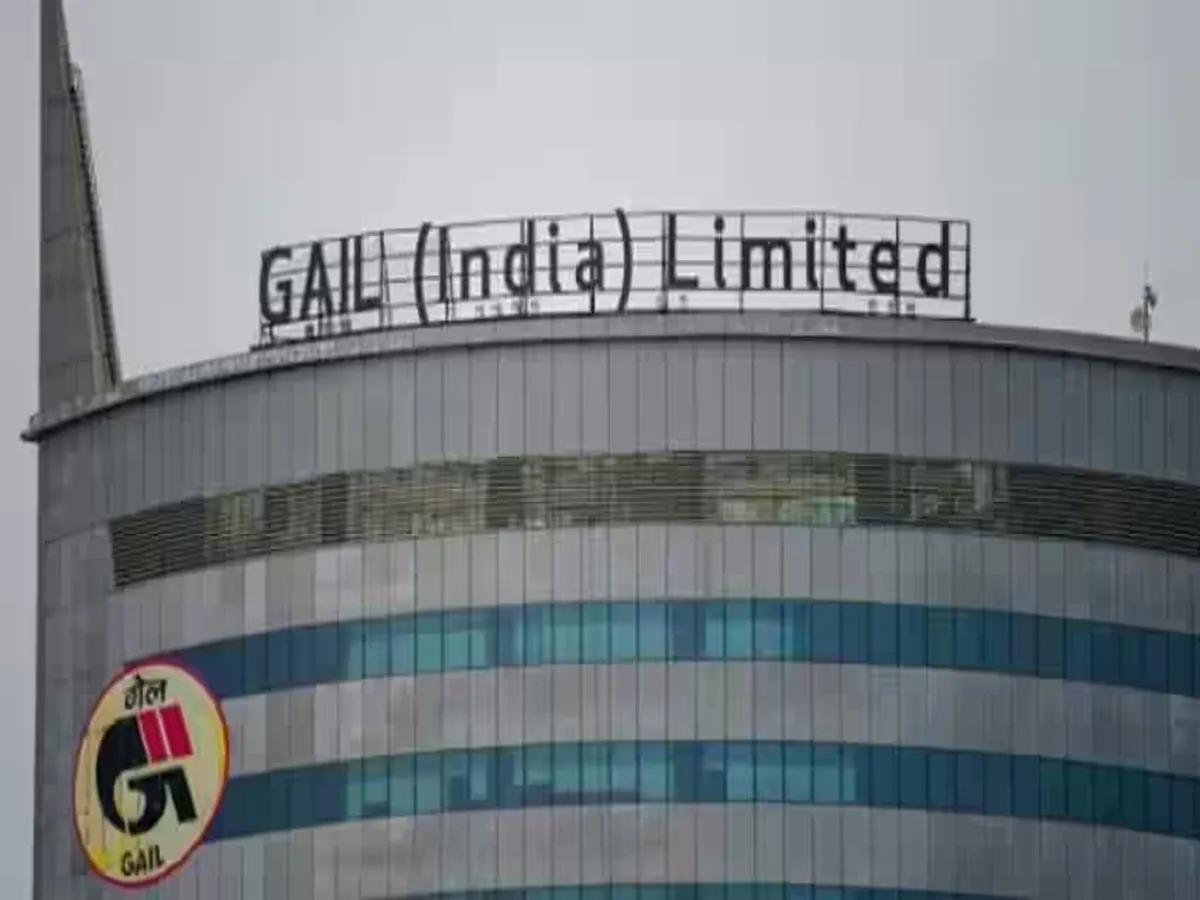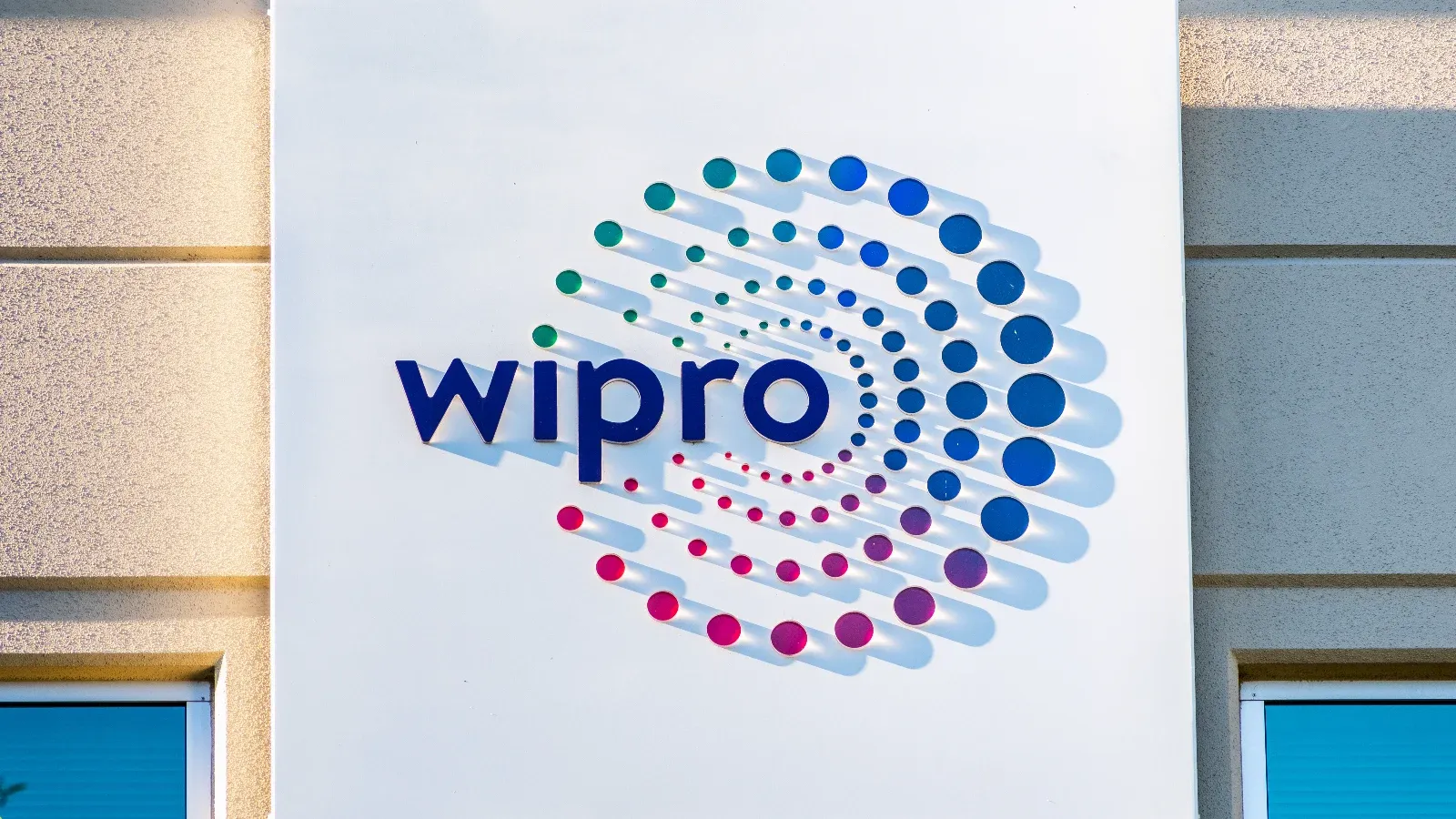Market News
GAIL share price falls over 6%: PNGRB hikes pipeline tariff but less than requested; all you need to know
.png)
4 min read | Updated on November 28, 2025, 13:08 IST
SUMMARY
GAIL share price: The new tariff, as per reports, will be effective January 1, 2026, against the company's request for January 1, 2025. The next tariff review will be done on April 1, 2028.
Stock list

For GAIL, a tariff increase has been long-awaited and could provide critical earnings support, analysts said recently.
The new tariff, as per reports, will be effective January 1, 2026, against the company's request for January 1, 2025. The next tariff review will be done on April 1, 2028.
What GAIL said early in 2025
In March 2025, GAIL Chairman Sandeep Kumar Gupta had said that GAIL (India) Ltd would likely get up to a 35% rise in the integrated tariff for transporting natural gas through its pipeline network, potentially boosting the state-owned company's pre-tax earnings by as much as ₹3,400 crore annually.
The levelised tariff of the integrated pipeline network, which carries about 90% of the volume as of date, stood at ₹58.61 per million British thermal units.
The revision in the integrated tariff – the one the power plants, fertiliser units and city gas operators pay for receiving gas through GAIL's 10 pipelines – is primarily driven by the need for GAIL to cover increasing operational and maintenance costs while also incentivising further investment in the pipeline infrastructure.
"As requisitioned by the regulator, we have submitted the requisite details for review of the tariff in August 2024. The revised tariff filed is ₹78 per mmBtu," Gupta said.
"For GAIL, a tariff increase has been long-awaited and could provide critical earnings support as the company navigates volatility in its trading and petrochemical segments," analysts said recently.
Tariffs for this regulated segment have not been revised since 2018, despite significant expansion in GAIL’s pipeline grid and rising capital expenditure.
According to reports, tariffs are reviewed periodically, with the gap between reviews not less than two consecutive financial years, though the Board can review tariffs earlier in case of sudden changes in key parameters.
What UBS and Citi say on the move
Leading investment firms such as UBS and Citi have maintained their positive stance on the company; however, they highlighted that the tariff hike is below expectations.
Citi, in its note, said that after several months of delay, PNGRB has announced a 12% hike in tariffs for GAIL’s integrated natural gas pipeline (INGPL) w.e.f. Jan’26.
"This is below the 15% that had been built into forecasts and well below the 33% hike that GAIL was seeking," it said.
PNGRB has, however, clarified that to smooth out the tariff hike and to avoid a sudden increase, it has decided to provide only interim relief to GAIL for now and will fully reflect adjustments to all other parameters in the next tariff review in FY28.
On balance, Citi said it believes the stock should react positively to the tariff hike. This should also now set into motion the implementation of a new unified tariff regime, which is a material positive for IGL.
UBS said that the tariff hike has disappointed. It said that a 12% hike in announced tariffs does not mean an equal increase in realised tariffs. The current hike in tariffs reflects a revision in only two parameters.
-
increase of ₹5.16/mmbtu on account of higher system-use-gas (SUG);
-
increase of ₹1.92/mmbtu on account of lower volume divisor as per the latest capacity determination.
However, UBS said the regulator deferred review of other parameters to FY28 (next tariff effective from 1 April 2028), flagging that a true-up of all parameters at this stage would lead to a material increase in tariff & can place unexpected financial pressure on customers.
Related News
About The Author
Next Story



